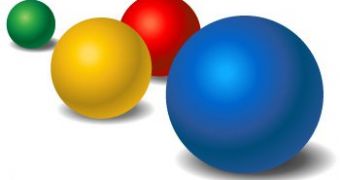Google's title as the largest ad company in the world, or at least as the largest ad network online, is both a blessing and a curse. On the one hand, advertisers and users are going to trust it more, on the other, more people are going to try to abuse it.
Google regards ad quality with as much importance as search result quality, maybe even more so. That's not to say that bad ads don't get through, but the company does quite a lot to police its ad network.
In a rare insight into how it works internally, which have become less rare recently, Google is highlighting some of the things it's been doing more recently to fight bad ads.
While the details are still vague, they're more specific than what Google has revealed in the past.
"Given the number of searches on Google and the number of legitimate businesses who rely on this system to reach users, our work to remove bad ads must be precise and at scale," Google explains.
"We recently made some improvements to help ensure the ads you see comply with our strict policies, so we wanted to give you an overview of both our principles and these new technologies," it adds.
Google says that it's improved the "query watch" for counterfeit ads, i.e. ads for counterfeit products. The company claims that it is now tracking more queries and keywords that it knows could be linked to this type of ads to detect and remove counterfeit ads.
There is also a new "risk model" which is used to determine how likely it is that a particular ad comes in violation of Google's terms. Google boasts that it has also sped up the manual review process and that it is now aiming for a 24-hour response time for any complaint about the quality of an ad.
"The numbers show we’re having success. In 2011, advertisers submitted billions of ads to Google, and of those, we disabled more than 130 million ads. And our systems continue to improve—in fact, in 2011 we reduced the percentage of bad ads by more than 50% compared with 2010," Google boasts.

 14 DAY TRIAL //
14 DAY TRIAL // 